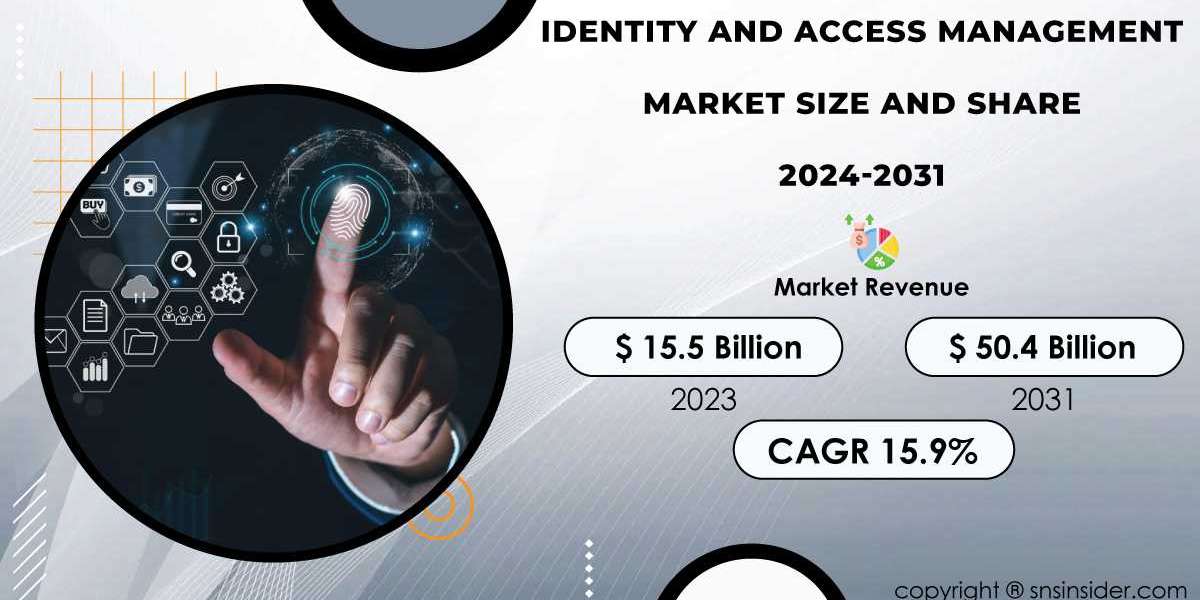The coronavirus pandemic has accelerated the adoption of artificial intelligence (AI) and Big Data technologies across various sectors. As governments and organizations grapple with the crisis, AI has emerged as a crucial tool for monitoring cases, identifying disease clusters, and predicting future outbreaks. This trend has created significant opportunities for companies in the AI market, which are now focused on developing early warning systems by extracting data from social media platforms and news sites to provide actionable insights about vulnerable regions.
AI Solutions in Healthcare and Consumer Technology
AI-based triage systems have been introduced to support healthcare during the pandemic. However, the uptake has been relatively low, prompting companies to pivot towards AI-based mobile health apps, smartwatches, cameras, and wearable devices to stimulate market growth. These technologies offer users convenient ways to monitor their health and access medical information, thus playing a vital role in reviving market momentum.
Educational Tools and the Fight Against AI Singularity
The AI market is projected to grow at an impressive compound annual growth rate (CAGR) of approximately 29% during the forecast period. Despite this rapid growth, concerns about high costs, lack of creativity in AI systems, and ethical issues persist. These concerns highlight the fear of AI singularity, where AI could potentially evolve uncontrollably. To counter this, companies are focusing on productive applications in healthcare and education. AI-based educational tools are being developed to enhance learning experiences by driving efficiency, personalization, and administrative ease, thereby allowing educators to focus more on complex teaching and adaptability.
Banking Sector: AI-enhanced Security and Compliance
The banking sector stands to benefit significantly from AI. Chatbots and digital personal assistants are becoming popular tools for handling customer inquiries, thereby improving customer service. AI is also enhancing security by safeguarding sensitive data through advanced security measures. Furthermore, AI-driven compliance and financial forecasting are generating new revenue opportunities. Automated processes in Know Your Customer (KYC) and Anti-Money Laundering (AML) procedures are becoming standard, ensuring greater efficiency and accuracy in banking operations.
Computer Vision in Automotive and Retail
Computer vision, a subset of AI, is revolutionizing the automotive and retail sectors. In automotive, companies like Tesla are pushing the boundaries of computer vision to enhance the safety and functionality of self-driving cars. Despite the potential for accidents, continuous research and development are paving the way for safer autonomous vehicles. In retail, computer vision is driving innovations such as Amazon Go's checkout-free stores, which streamline the shopping experience by eliminating the need for traditional checkouts.
Get Sample PDF Copy: https://shorturl.at/bbObr
Telecom Sector: AI for Network Monitoring and Fraud Detection
In the telecommunications sector, AI is being leveraged to improve network monitoring and infrastructure optimization. This technology aids telecom operators in preventing power outages and network disruptions, thereby ensuring operational efficiency. Additionally, AI algorithms are being used to detect and respond to fraudulent activities, contributing to the sector's growth and stability.
Future Outlook and Revenue Projections
The AI market is set to surpass a revenue of $2.8 trillion by 2030, driven by its diverse applications across various industries. Although challenges such as limitations in computer vision for autonomous cars persist, the potential for AI in agriculture, retail, and telecoms presents vast opportunities for growth. Companies are encouraged to continue innovating and expanding AI applications to maximize the technology's benefits and contribute to a more efficient, data-driven world.



